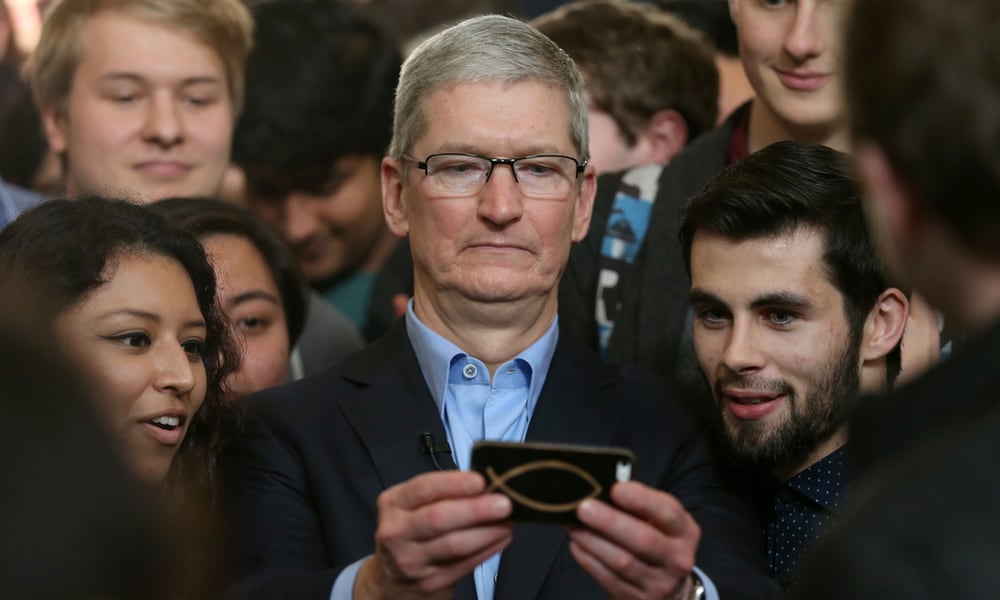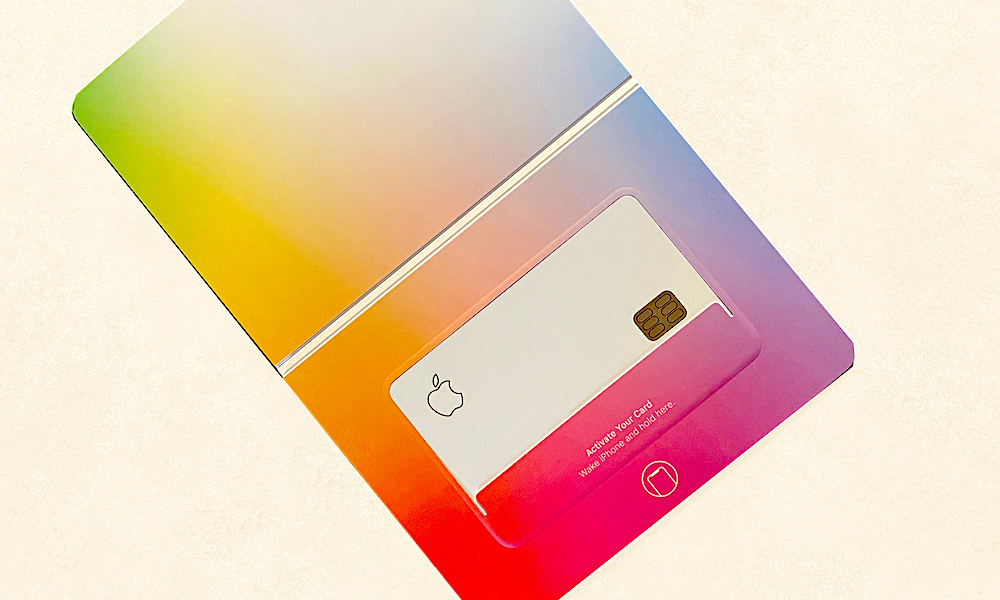The Apple Card Application Process Was Once So Strict Even Tim Cook Couldn’t Get Approved
 Credit: Laura Hutton / Shutterstock
Credit: Laura Hutton / Shutterstock
Toggle Dark Mode
As Apple was preparing to launch the Apple Card four years ago, those developing the application process ran into a significant snag: Even Apple’s own Chief Executive Officer was getting rejected by the automated vetting system that its banking partner Goldman Sachs had put into place.
In an in-depth behind-the-scenes report from The Information on the history of the partnership between the technology and financial powerhouses, authors Lauren Tara LaCapra and Wayne Ma revealed that the problem had cropped up while doing test runs on the application process in early 2019, before the official launch of the groundbreaking new Apple-branded Mastercard.
Engineers from the Silicon Valley giant and the Wall Street titan were pulling an all-nighter a few months before launch, scrambling to find a solution to a problem that had cropped up: Tim Cook couldn’t get approved for an Apple Card.The Information
It may seem startling on the surface to discover that one of the wealthiest and most high-profile CEOs in the world couldn’t get approved for a relatively simple credit card, but it’s not as unusual as you may think.
Extremely wealthy individuals are outliers when it comes to consumer lending services like credit cards and personal loans. Tim Cook may have a $50 million annual salary, but ironically that doesn’t mean he has the kind of credit score that credit bureaus and automated lending systems would look for. It’s possible to be decadently wealthy and have no standard credit rating simply because you’ve never needed to take out a traditional loan. In this case, the absence of a credit score — one that comes from never using credit — can be just as problematic as a bad credit score from misusing credit.
There’s also the fact that Cook is a higher target for fraud because he’s such a prominent figure. That requires the approval process to consider additional factors to verify his identity.
While the sources who spoke with The Information didn’t provide any explanation as to why Cook was rejected, they did reveal that the engineers didn’t actually fix the problem to address Cook’s situation; instead, Goldman eventually made “a one-off exception, and Cook got his card.”
This could go a long way to explain why other high-profile figures had similarly unusual difficulties after the Apple Card launched, including none other than Apple co-founder Steve Wozniak.
However, in Woz’s case, it wasn’t the approval process but rather some wonky part of the algorithmic formula that handed out significantly different credit limits to spouses that should have been on equal footing.
Accusations that Apple and Goldman were being sexist led to an investigation by the New York Department of Financial Services, where Apple’s banking partner Goldman Sachs is based. When the dust settled, no discrimination was found. However, there was a “perceived lack of transparency” in the way the Apple Card initially rolled out that likely contributed to some of these misperceptions about what was actually going on.
Goldman May Not Be Getting Out Anytime Soon
The Information goes on to note that despite Goldman’s desire to end its partnership with Apple, it’s unlikely that rumors of an Apple Card switch to American Express will come to fruition.
It seems that while Apple feels the American Express brand is quite compatible in terms of prestige, it would be a pretty big leap for AMEX to go with a co-branded card, especially if that meant letting Apple take the lead the way it has with Goldman, leaving AMEX to “play second fiddle.”
Still, much of this appears to be speculation from “people familiar with the matter” that LaCapra and Ma spoke with, and there’s no indication that talks about a potential partnership between Apple and American Express have stopped; however, sources suggest Apple is considering other options, such as partnering with a lesser-known bank to meet the necessary regulatory requirements while taking over more of the business side, such as “underwriting decisions, fraud prevention, and customer service.”
Regardless of what ultimately happens, it’s clear that Goldman Sachs wants out, but with 10 million Apple Card holders, it’s not something that’s going to happen overnight. Even if Apple finds a new partner tomorrow, such a transition will likely take a year or more to work through.








